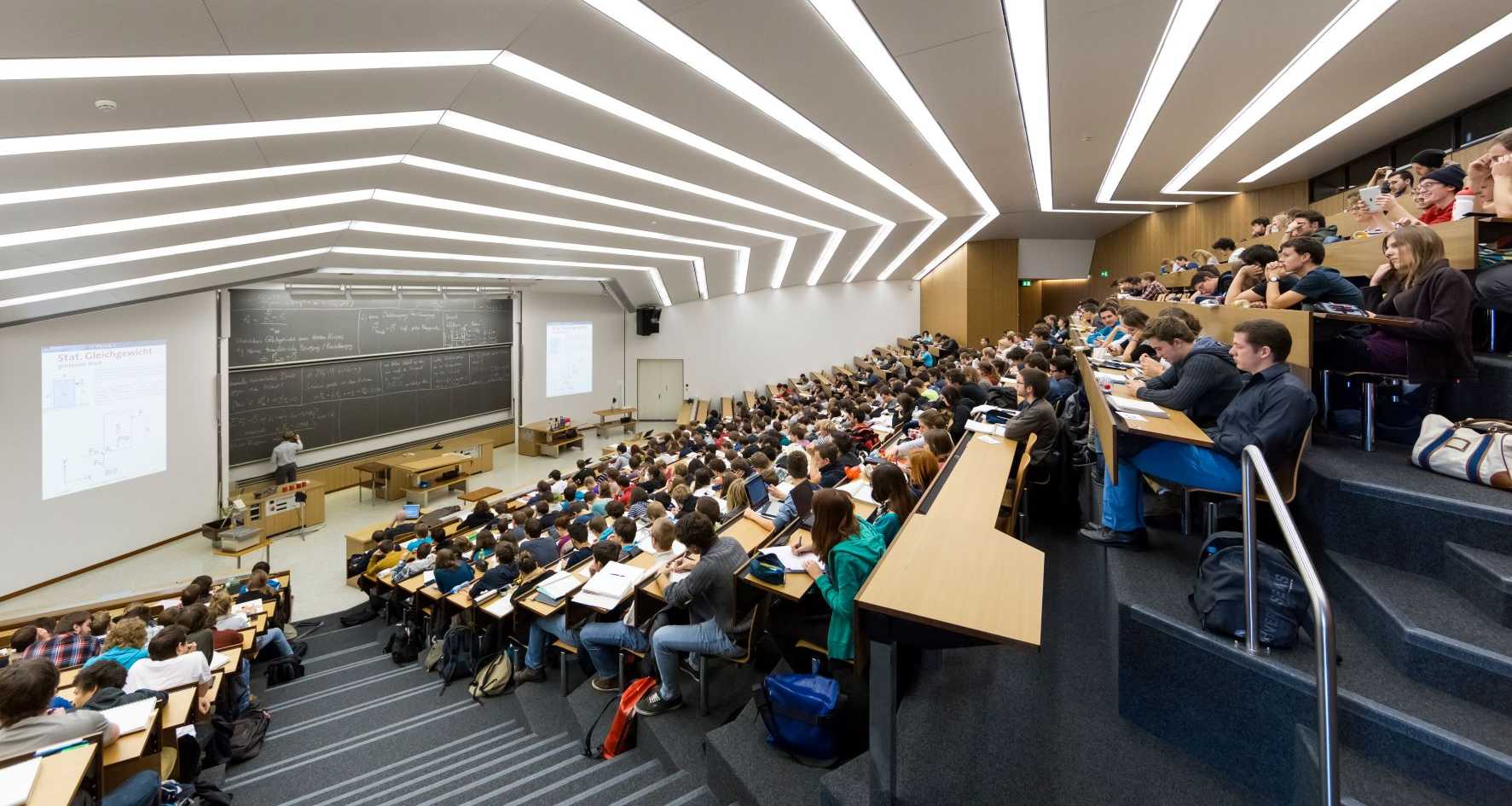Education

Lectures
- chevron_right Management of Digital Transformation (363-0421-00L)
- chevron_right Digital Health (363-1130-00L)
- chevron_right Digital Health Project (363-1135-00L)
- chevron_right CAS ETH in Digital Health
- chevron_right Developing Digital Biomarkers (363-1163-00L)
- chevron_right Transformation: Corporate Development and IT (363-0425-00L)
Tutorship for MSc Students
In general, each MSc D-MTEC Master student is required to select a professor from the D-MTEC as his/her/its tutor, ideally in the second semester. This tutor is responsible for approving the student’s supplementary course selection of the learning agreement. However, the supervision of the master thesis is not mandatory for the tutor. We refer to the MSc MTEC Regulations for details on the tutorship.
Please start by visiting our website to learn more about our research and, in particular, our labs. In general, we are looking for students with a strong technical background, especially in the fields of computer science and/or data analytics (data mining/machine learning).
For your application documents, please provide the following information in advance:
- Cover letter including a short motivational statement and your preferred lab,
- CV, and
- proposition of only supplementary courses (e.g., courses that begin with 363-XXX are not allowed since they refer to your main courses).
Please send your application documents to . Once we receive your application, we will forward your application to your preferred lab. Please note that incomplete or formally incorrect applications will not be reviewed. If we accept the tutorship, we will notify you by email.
As stated in the regulations, a tutorship is not offered for MAS students at D-MTEC.
We are looking for students with a strong technical background, especially in the fields of computer science and/or data analytics (data mining/machine learning). We do not require any mandatory courses. However, we strongly recommend taking one or more of the courses offered by our group, or courses related to the field of data analytics (e.g. 252-0220-00 Introduction to Machine Learning, 252-0535-00 Advanced Machine Learning, etc.).
If you are interested in writing your thesis with us, we would be happy to receive your applica- tion, consisting of a CV, a transcript of records, and a motivation statement outlining your topic of interest and identifying the potential host. For a list of possible topics, please check our webpage and contact the responsible person directly.
Semester and Thesis Projects
Interpret Health with Wearable Measures
 The widespread adoption of wearable technology enables continuous monitoring of physiological parameters like activity levels, heart rate, and sleep patterns. This study investigates the relationship between wearable measures and well-being, focusing on physical and mental health as well as overall quality of life.
Show details
The widespread adoption of wearable technology enables continuous monitoring of physiological parameters like activity levels, heart rate, and sleep patterns. This study investigates the relationship between wearable measures and well-being, focusing on physical and mental health as well as overall quality of life.
Show details
Labels
Semester Project , Internship , Master Thesis , ETH Zurich (ETHZ)
Description
Contact Details
Published since: 2024-04-18
Organization: Health-IS Lab
Hosts: Wu Fan
Topics: Information, Computing and Communication Sciences
Voice Pathology Detection Using Deep Learning
 This study aims to detect voice pathologies distinguishing homophonic from dysphonic labels.
Show details
This study aims to detect voice pathologies distinguishing homophonic from dysphonic labels.
Show details
Labels
Semester Project , Internship , Master Thesis
Description
Contact Details
Published since: 2024-04-18
Organization: Health-IS Lab
Hosts: Wu Fan
Topics: Information, Computing and Communication Sciences
Cough and Health Status in Heart Failure Patients
 This study aims to investigate the relationship between cough and health status among heart failure patients, recognizing cough as a potential indicator of underlying health status and symptom severity.
Show details
This study aims to investigate the relationship between cough and health status among heart failure patients, recognizing cough as a potential indicator of underlying health status and symptom severity.
Show details
Labels
Semester Project , Internship , Master Thesis
Description
Contact Details
Published since: 2024-04-18
Organization: Health-IS Lab
Hosts: Wu Fan
Topics: Information, Computing and Communication Sciences
Master's Thesis / Semester Project at ETH Zurich: Energy Savings and Load Shifting of Customer Demand under Dynamic Grid-usage Tariffs
 Showcasing energy savings and load shifting potential of residential customers' electricity demand under time-dependent grid-usage tariffs.
Show details
Showcasing energy savings and load shifting potential of residential customers' electricity demand under time-dependent grid-usage tariffs.
Show details
Keywords
Energy, Smart Meter Data, Data Analysis, Sustainability
Labels
Semester Project , Master Thesis
Description
Goal
Contact Details
Published since: 2024-02-08
Earliest start: 2024-04-01
Latest end: 2024-10-31
Organization: Bits to Energy Lab
Hosts: Kreft Markus
Topics: Information, Computing and Communication Sciences , Engineering and Technology
